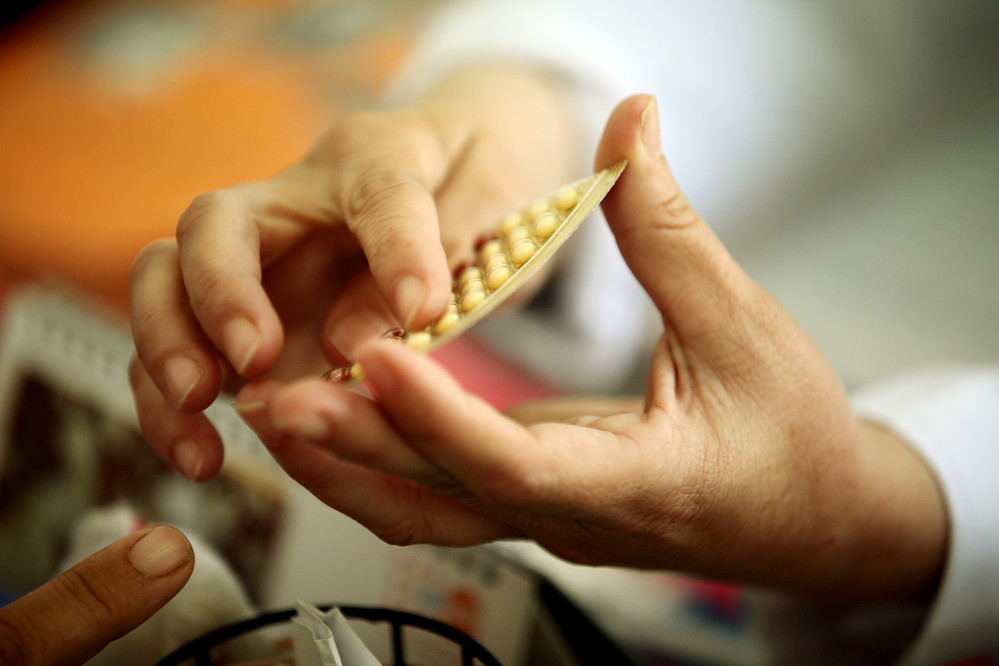Rahnuma-Family Planning Association of Pakistan
Rahnuma Family Planning Association of Pakistan (R-FPAP) is one of the largest and oldest rights-based civil society organizations in Pakistan providing reproductive health and contraceptive care.
R-FPAP is recognized both nationally and internationally as an advocate and service provider for reproductive healthcare and SGBV. Furthermore it has distinction to collaborate with all major national and international development agencies (INGOs, UN Systems, Public sector, government institutions). R-FPAP is devoted to eliminate and alleviate the sufferings of marginalized and vulnerable sections of society through integrated and concentrated social uplift efforts in the broader areas of RH and FP. Rahnuma-FPAP RH & FP based services delivery apparatus is composed of 10 fully equipped Family Health Hospitals, 130+ Family Health Centres, 80+ youth resource Centres, 2000+ CBDs and a network of private providers. During 2020, FPAP served 17 million SRH&R services while covering more than six million clients. Our SDPs provide FP, SRH, post abortion care, HIV & AIDS, STI/RTI, Gynaecology, Obstetrics, Urology, Sub-fertility, Specialized SRH, SRH- Paediatrics, Other SRH and Contraceptive Services
Contributions of R-FPAP are recognized by Government of Pakistan through its quarterly performance report issued by Pakistan Bureau of Statistics, under Planning Division (www.PBS.gov.pak).









